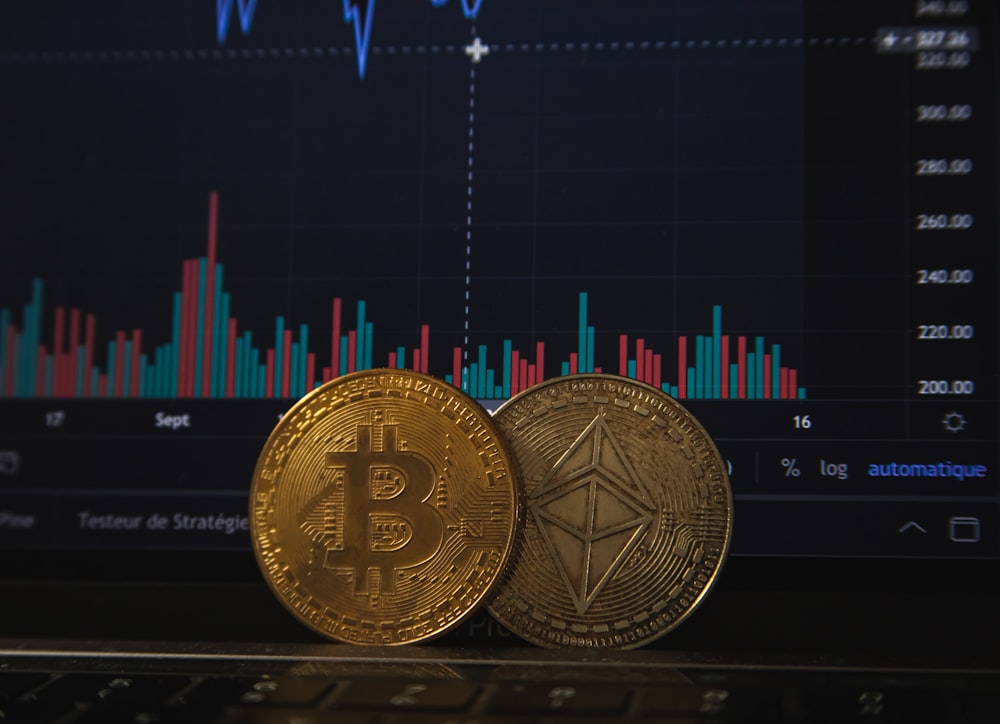Crypto crime just hit an all-time high of $14 billion
At the same time, however, the rate of crypto-related crimes fell from 0.62% of all crypto transactions in 2020 to 0.15% in 2021, according to a report on Thursday by blockchain research firm Chainalysis. The authors said the growth of legitimate cryptocurrency use is “far outpacing the growth of criminal usage” and that “illicit activity’s share of cryptocurrency transaction volume has never been lower."

The report said total crypto total transaction volume grew to $15.8 trillion in 2021, up 567% from the previous year.
“Given that roaring adoption, it’s no surprise that more cybercriminals are using cryptocurrency,” the report said. “But the fact that the increase was just 79%—nearly an order of magnitude lower than overall adoption—might be the biggest surprise of all.”
Still, the Chainalysis authors noted the significance of the $14 billion criminal activity figure, which “creates huge impediments for continued adoption, heightens the likelihood of restrictions being imposed by governments, and worst of all victimizes innocent people around the wor
The authors suspect that the rise of DeFi, or decentralized finance, has led to more criminals taking advantage of people who are lured by the hype surrounding crypto. Chainalysis estimates that about $7.8 billion of the overall $14 billion worth of criminal activity is from scams.
For instance, in a scam called a rug pull, bad actors stole $2.8 billion from victims who funded their seemingly legitimate cryptocurrency projects. The report said every rug pull besides one major scam involving the fraudulent Thodex centralized exchange was related to a sham DeFi project.
“In nearly all of these cases, developers have tricked investors into purchasing tokens associated with a DeFi project before draining the tools provided by those investors, sending the token’s value to zero in the process,” the report said.
The authors said while many third parties perform audits of the code that power certain DeFi tokens that people can speculate on, criminals with “the right technical skills” can “create new DeFi tokens and get them listed on exchanges, even without a code audit.” This means that investors could be duped into thinking they are speculating on DeFi tokens that have been audited but that are actually part of a scam.
Comments
Post a Comment